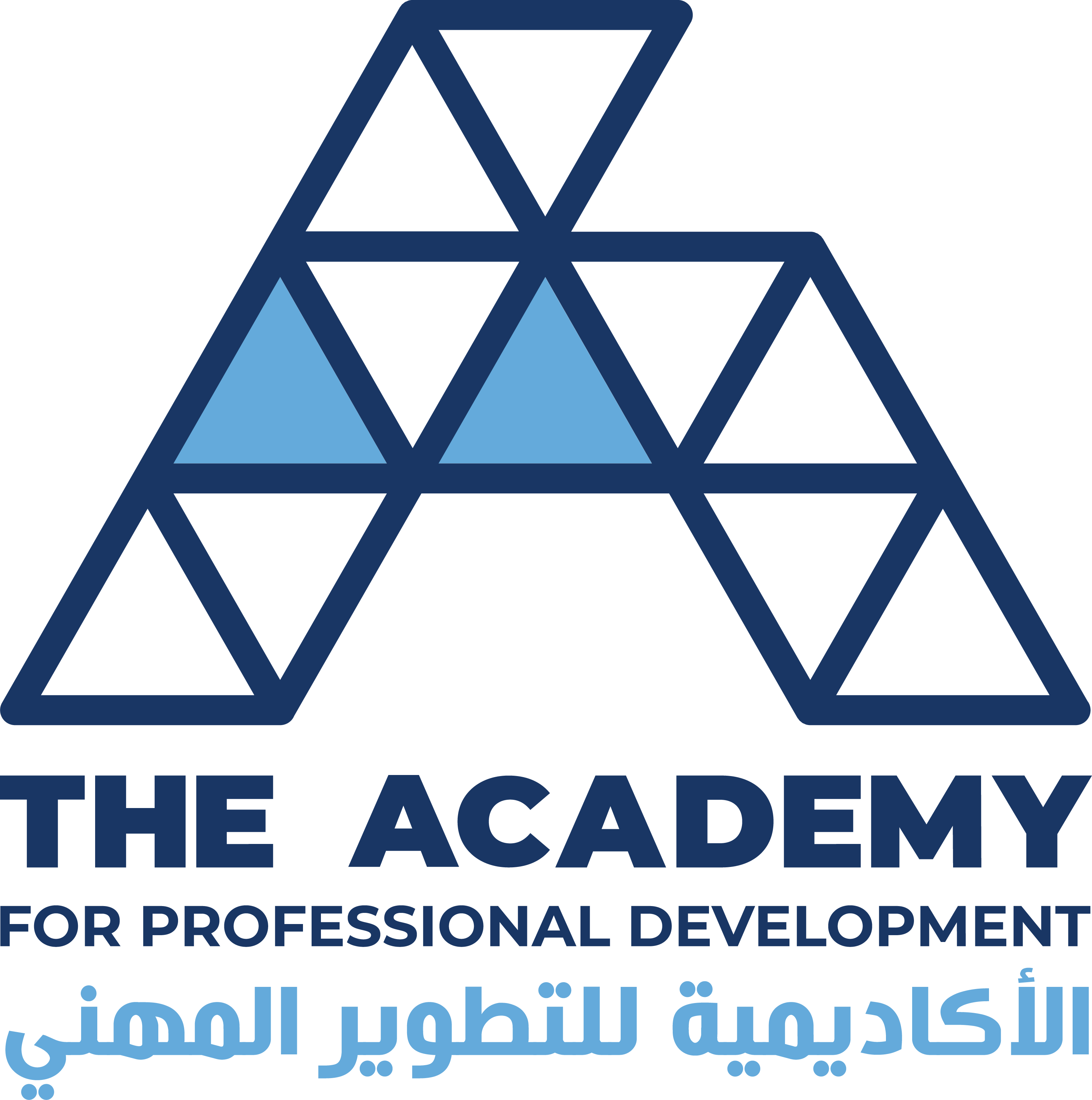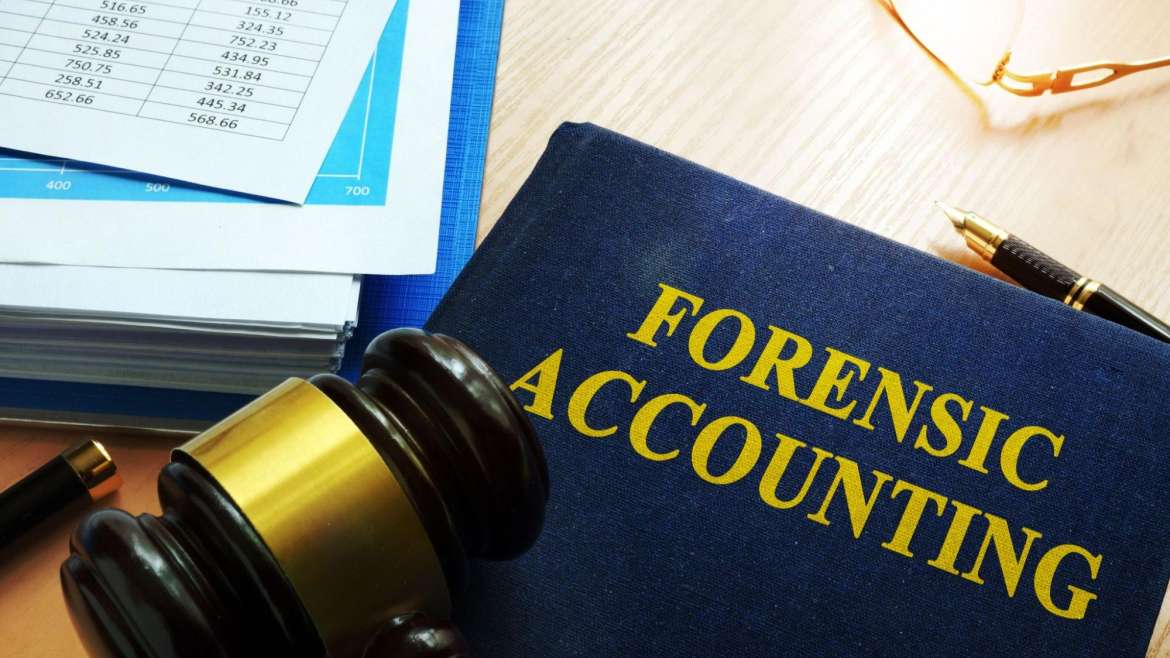Course Description:
The Forensic Accounting course offers participants a detailed exploration of forensic accountants’ tools, techniques, and investigative methods to detect and prevent financial fraud.
Throughout this course, participants will gain a firm understanding of accounting principles and the legal and ethical considerations that guide the work of forensic accountants exploring how FA integrates accounting, auditing, and investigative skills. Topics covered will include fraud detection and prevention, legal aspects of forensic accounting, cybercrime, valuation, litigation support, and complex financial transactions. Emphasis will be placed on understanding the nature of common financial fraud schemes such as embezzlement, financial statement fraud, tax evasion, and money laundering.
Skills in analyzing financial statements, internal controls, and information systems will be developed and identify anomalies that might indicate fraudulent activity will be identified. This practical knowledge will be coupled with learning to conduct effective interviews, gather evidence, and create reports usable in legal proceedings. The course will also focus on strengthening participants’ critical thinking and problem-solving skills to spot discrepancies and potential financial misconduct. Case studies from real-world corporate frauds will be dissected to understand the underlying mechanics, motivations, and detection methodologies. This hands-on approach not only enhances understanding but also prepares participants for the practical challenges they may encounter in their professional careers.
Course Learning Outcome:
Upon successful completion of the Forensic Accounting – Unearthing Financial Fraud course, students will be able to:
- Define the Scope and Nature of Forensic Accounting: Understand and articulate the role, responsibilities, and significance of forensic accountants in various sectors, including public practice, litigation support, law enforcement, and corporate governance.
- Master Forensic Accounting Techniques and Practices: Apply key forensic accounting methodologies, such as fraud detection techniques, financial statement examination, and investigative procedures.
- Recognize and Analyze Fraudulent Schemes: Develop a keen eye for identifying signs of common types of financial fraud, including embezzlement, financial statement fraud, tax evasion, and money laundering, and understand how to analyze and interpret these fraudulent activities.
- Comprehend Legal Frameworks and Ethical Considerations: Understand the legal issues associated with forensic accounting investigations and litigation and the ethical standards that guide forensic accounting practice.
- Demonstrate Critical Thinking Skills: Utilize critical thinking and problem-solving abilities to interpret complex financial scenarios, detect irregularities, and propose potential resolutions.
- Conduct Insightful Interviews: Conduct comprehensive interviews as part of the investigation process, applying effective communication and information-gathering strategies.
- Create Detailed Forensic Reports: Compile and present financial evidence in a clear, concise, and comprehensive manner suitable for legal proceedings or corporate audits.
- Analyze Real-World Cases: Apply knowledge gained from the course to dissect and understand real-world cases of financial fraud, thereby gaining practical insights into the workings of forensic investigations.
- Navigate the Impact of Technology on Forensic Accounting: Understand the influence of technology, including cybercrime, data analytics, and digital forensics, on the practice of forensic accounting.
- Prepare for Professional Advancement: Equip themselves for further academic studies or professional opportunities in the field of forensic accounting with a solid foundation in theoretical knowledge and practical skills.
The Target Audience:
The course is intended for accounting professionals, law enforcement professionals, legal professionals, auditors, business managers, risk management professionals, investors and financial advisers as well as regulatory authorities. Anyone interested in understanding the complex landscape of financial fraud is welcome. No prior experience in forensic accounting is required, although a basic understanding of accounting principles will be beneficial.
About the Faculty:

Dr. Ravi Thirumalaisamy is currently heading the Department of Accounting, Finance, and Economics under the Faculty of Business and Economics at Modern College of Business and Science [MCBS], Muscat, OMAN. He holds a Doctorate Degree in Corporate Accounting/Finance from Bharathiar University, India. His academic areas are Corporate Accounting and Finance. He has 24 years of collegiate teaching experience at undergraduate and postgraduate levels and published research papers in corporate accounting and finance in reputed journals, including ISI-indexed, Scopus-indexed, and Q1-ranked journals and presented papers at several international conferences. He headed the Department of Business at Royal Thimphu College, BHUTAN, before joining MCBS. He has been a review committee member serving various research journals in India and a program reviewer for the Ministry of Higher Education in Oman.

